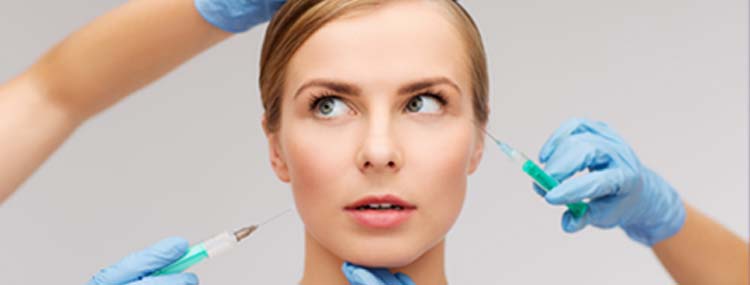Cosmetic surgery is reconstructive surgery and performed to correct dysfunctional areas of the body. Therefore it is not a routine surgery since it involves specialized skill and a lot of planning, both for the surgeon and patient. And, however much of an expert the doctor is, no surgery is complete without risk.
In general, procedures like liposuction, facelift, breast augmentation, rhinoplasty, are considered harmless these days with the progress of medical practice. But better be safe than sorry and do your homework well.
The success of cosmetic surgery will depend on:
- It’s type – whether over a small or large area
- The health of the patient – with older and obese patients chances of complications are higher
- The expertise of the surgeon
It is imperative you educate yourself before setting out for cosmetic surgery. This will help you avoid those complications which may occur if you don’t know what you are doing. Lack of knowledge or taking wrong decisions can be dangerous.
Pre-operative Concerns
Priority will be to know your surgeon well. The question you must ask yourself is whether the doctor you are settling for is a certified plastic surgeon? Does he have the adequate training required for this procedure?
You must ask him as many questions as possible to ensure nothing can go wrong during surgery. You need to ask him whether you are a good candidate for this procedure. There is never any guarantee about how the operation will turn out and the surgeon will never give one. So have realistic expectations.
Your second point of concern should be the hospital. Does it have all the facilities needed and is it well equipped to deal with any eventuality or emergency? What will be the cost of the plastic surgery? Issues like hygiene should also be matters of concern.
When you are done with deciding on your surgeon and the hospital, check out how much the surgery will cost and if you are satisfied with your choices, you should consider yourself well on your way!
Prior to surgery, the doctor will ask for your complete medical history. It is important you share complete details including the medications you are taking. For example, if you smoke you need to inform your doctor. Smoking and alcohol increase risk of wound healing problems and patients are advised to give these up 2 to 4 weeks before surgery.
During And After
Risks during and after surgery would include those linked with general surgery plus complications associated with the type of procedure carried out.
Any surgery may bring on complications connected with anesthesia, analgesics and antibiotics. Deep vein thrombosis, pulmonary embolism and hematoma are risks of nearly all surgeries.
Swelling, numbness, unfavourable scar concerns and bruising are common complaints after liposuction. Scars can be particularly disturbing for a cosmetic surgery patient. In case of skin graft, care must be taken to ensure blood supply to the area is continuous else that can lead to the death of the flap.
Again, infection is a common complication of cosmetic surgery. Sometimes these are internal and require IV antibiotics or surgery.
Also, watch out for irregularities like dimples and tuckers plus numbness or tingling which are signs of nerve damage.
Post-operative care is important if you want your scars to heal. Avoid the sun because UV rays can harm the operated area and the stitches. Eat healthy and light food. Increase intake of vitamins and protein. Stay relaxed and cheerful.
Careful planning and some amount of precautions will ensure you come out from the cosmetic surgery feeling good about yourself – both inside and out!

